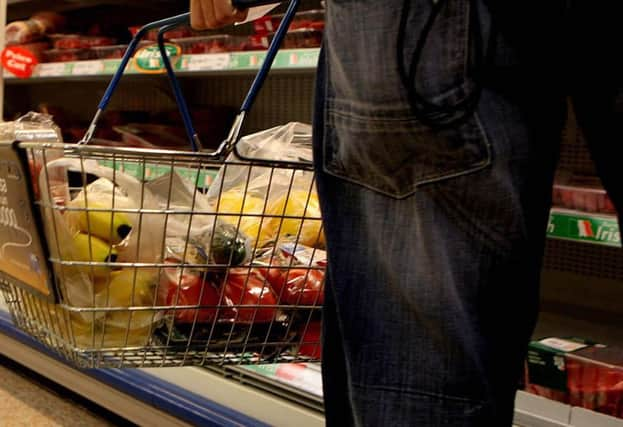Food prices at record low - but not for long, warn trade bosses


The latest British Retail Consortium (BRC)-Nielsen study recorded overall shop price deflation of 2% in August, compared to a 1.6% decline the month before.
The slide in prices was triggered by more promotions from retailers coupled with a drop in the cost of oil, according to the shop price index.
Advertisement
Hide AdAdvertisement
Hide AdFood price deflation also accelerated to a record low of 1.1% in August, compared to 0.8% in the previous two months, as a global supply glut of wheat weighed on prices.
Non-food deflation also hit 2.5% last month from 2.2% in July.
The report said that retailers had yet to feel the full force of the rising costs caused by the plunge in the value of the pound following the Brexit vote.
However, Helen Dickinson, chief executive of the BRC, said prices are expected to rise in the coming months when costs are passed down to consumers.
Advertisement
Hide AdAdvertisement
Hide Ad“The devaluation of sterling in wake of the referendum will put upward pressure on shop prices.
“But that’s likely to take several months to properly feed through, given that retailers won’t feel the brunt of the cost increases until existing contracts with foreign suppliers come to an end.
“Even then, retailers will have to make a decision about when and how much to pass onto consumers. Given the strength of competition in the market, and if the economy softens in line with predictions, any pass through may be more limited than implied by the exchange rate movement.”
Spending has remained buoyant despite fears Brexit uncertainty would hit retail sales after Britain voted to leave the European Union.
The Office for National Statistics (ONS) announced last month that retail sales had leapt 1.4% in July, with economists pencilling in a rise of 0.1%.